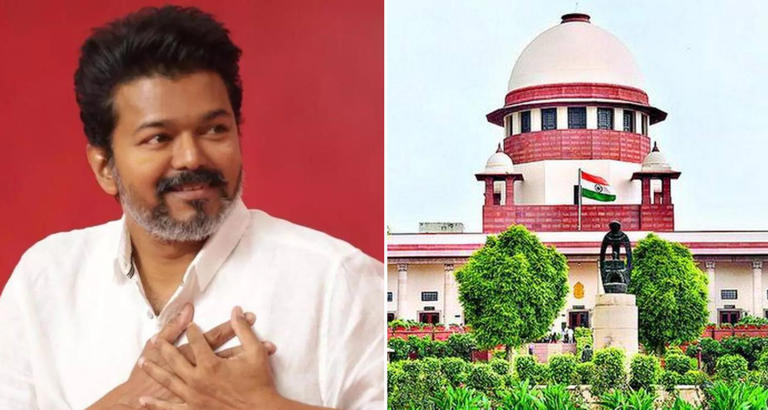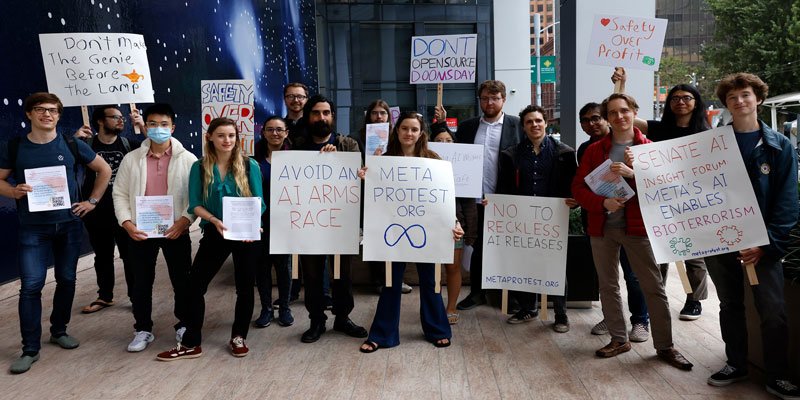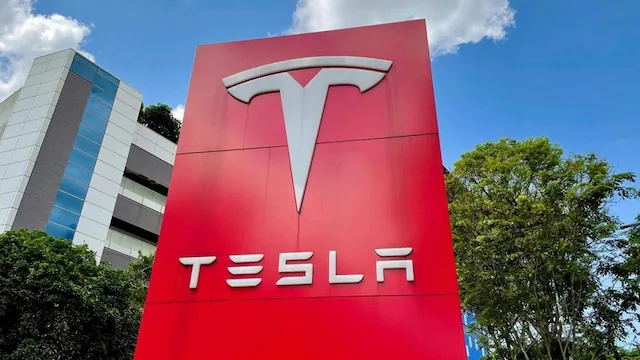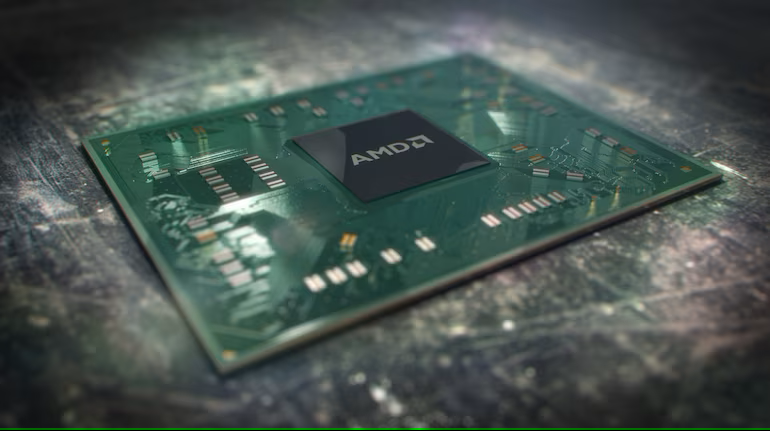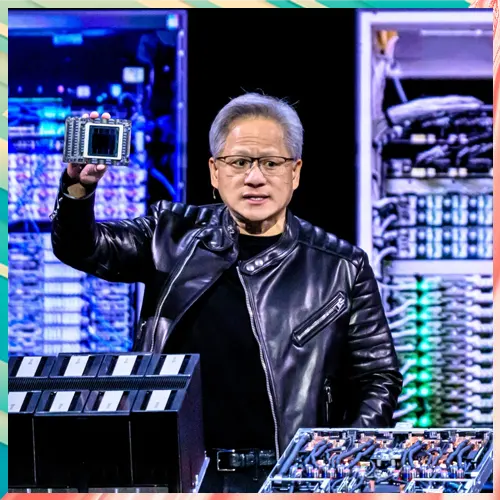
China ‘nanoseconds behind’ U.S. in chip tech, says Nvidia CEO
Nvidia CEO Jensen Huang urged the U.S. to ease export restrictions, allowing American tech firms to compete freely in China, which he says will boost economic growth and strengthen geopolitical influence amid Nvidia’s planned GPU shipments resuming
Nvidia CEO Jensen Huang has raised serious concerns about China’s rapidly advancing semiconductor industry, stating that China is now just “nanoseconds behind” the United States in chipmaking technology. Speaking on the BG2 tech podcast hosted by investors Brad Gerstner and Bill Gurley, Huang emphasized China’s growing capabilities in AI semiconductor chips, driven by a strong talent pool, intense work ethic, and fierce regional competition.
China’s rise in semiconductor AI chips
Huang explained that contrary to popular belief, China is not years behind the U.S. but is closing the technological gap at an astonishing pace. He attributed this progress to China’s rigorous STEM education system and a demanding work culture, often cited as working “9 AM until 9 PM, six days a week.” This environment, Huang said, fuels innovation and internal competition, allowing Chinese semiconductor companies to rapidly improve their technology and production.
The Nvidia CEO urged the U.S. government to reconsider its restrictive export policies and allow American technology firms to operate and compete freely in China. He believes that such openness will benefit both countries by promoting economic growth and enhancing geopolitical influence. Huang’s remarks come as Nvidia aims to resume shipments of its H20 AI GPUs to Chinese customers following a temporary halt due to new U.S. export controls.
Implications for the global semiconductor race
Huang’s observations challenge the narrative that China is far behind in the chip race, highlighting how quickly the landscape is shifting. As China gains ground, the competition between these two global superpowers intensifies, making open competition and cooperation crucial for future technological advancements and economic success. The semiconductor industry, particularly in AI chips, is set to be a key battleground in the ongoing tech rivalry.

